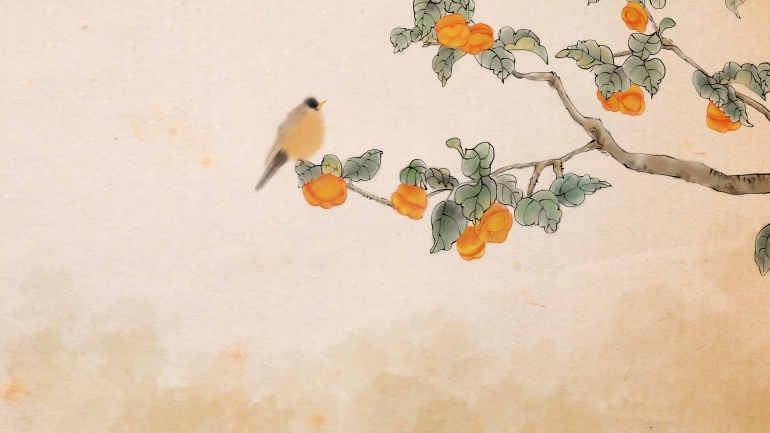Hereof, we would advise those who are attached to external objects to avoid contemplation of this kind – just keep dreaming, do not wake up. When you learn to contemplate, it will be like waking up from a big dream! Do not give thought to this question if you want to fully enjoy the material pleasures this world has to offer. But of course if you keep on doing so, you will never be free of suffering!
WORDS OF WISDOM
Thinking all religions are dogma, some people hold a strong bias against Buddhism and go so far as to deride it. Certainly, some religions fall in this category but not all. If proponents of either the Idealist or Realist school want their argument to be accepted but cannot provide evidence of any kind, that constitutes dogma. It is not possible to overturn a viewpoint with dogma. To overturn any view, we must use methods based on logical reasoning that everyone can accept. There are many different methods in Buddhism, such as the logic in Madhyamaka (Middle Way) and Yogacara (Mind Only) ; the common goal of all these methods is to eradicate our deluded view.
As ordinary people, everything we have done since beginningless time is perverted. We normally do not undertake virtuous deeds; even when we recognize the need to practice virtue, we only do so superficially. Perhaps we practice giving just to gain fame and profit in this world. Some people burn incense and prostrate to the buddhas to secure a successful career, gain wealth and be promoted, ensure their children go to college and bring honor to their ancestors. But these have nothing to do with liberation. To attain liberation, we must not allow these activities to preoccupy us and waste our precious human birth.
The Buddha expounded early on that our five sense organs are not reliable; although on the surface they can sense the existence of objects, this kind of feeling is just an illusion. To see a thing clearly, we cannot go by its appearance alone. For example, if we want to do a careful check on a car, we need to take apart all its components, then examine the parts individually. In so doing, we will find the original car has disappeared in our hands and cannot be found. If the car truly exists, it cannot disappear. This testifies to its lack of inherent nature. Why do we always persist in thinking external objects exist? Because we have complete faith in our five sense organs; we think things are real if they can be seen and heard, without ever investigating the logic behind it. Because we hold on to a very simplistic view, our five senses have deceived us since beginningless time. It is only upon careful analysis that we discover the things we see and hear ordinarily are but an illusion.
Most people believe cause and result truly exist. What is the connection between cause and result? For example, when we build a fire, there is smoke. Fire is the cause, smoke the result. With fire, smoke will arise; without fire, smoke will not arise.
In the example of a seed and sprout, the seed is the cause, the sprout is the result. We all believe in this causal relationship. But can we confirm they are connected in this way?
If you are extremely attached to the circumstances in a dream, then stay in the dream, do not wake up. Similarly, if you cling to existence in samsara, then stay attached to the things around you, do not reflect on their inherent nature.
In tantra, for instance, everything is the mandala of the buddha. Some beginners on the tantric path will question or doubt this assertion (although not out loud for fear of breaking the tantric vows). If I am a buddha already, why do I need to cultivate my mind? Although this is true, we need to undergo practice and tame the mind before a state of realization can manifest. Why is that? Because all phenomena are a projection of the mind; when we succeed in taming the mind after diligently staying on the path of practice, we can also affect the world around us. This is likened to watching a slide; the images we see on the screen are a projection of the slides in the projector. In the same way, the external objects that we see are reflections of the habitual tendencies and seeds stored in our mind. Once our mind is pure, all external objects are also pure, we will no longer transmigrate in the cycle of existence.
When we see a flower, we sense the flower is outside and our eye consciousness is inside; however, this is the perception of the mental or sixth consciousness, not the eye consciousness. What is eye consciousness? For instance, at the time we see an object, that “seeing” is in itself eye consciousness. There is no other eye consciousness besides this. Perhaps someone thinks eye consciousness is likened to light, which shines on a certain object and allows it to be seen. This is not the case. When an object appears before our eyes, eye consciousness is that which sees it instantly in its entirety, i.e., has a sense of the object.











